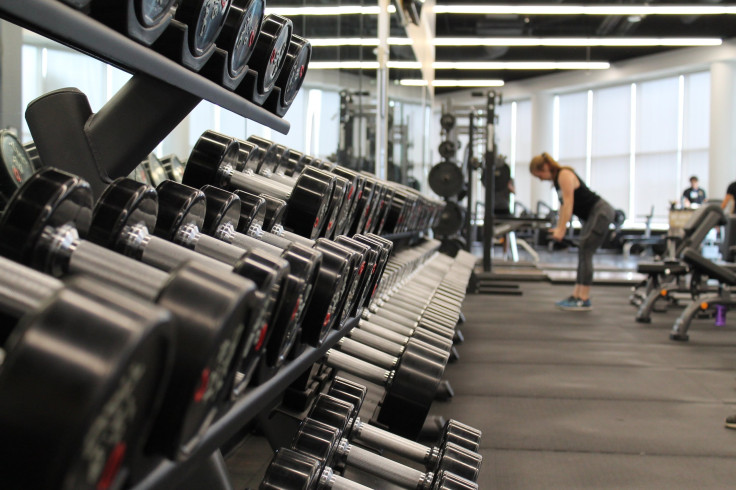No Exercise After Covid Jab? Singapore Updates Recommendation, Investigates Teen's Cardiac Arrest
KEY POINTS
- A teen reportedly had a cardiac arrest days after getting vaccinated
- Singapore authorities have advised against strenuous activity after vaccination
- The Expert Committee still recommends mRNA vaccines
- The committee said the vaccines' benefits still outweigh the risks
Health authorities in Singapore have updated the country's existing guidelines on strenuous physical activity for people who just got an mRNA COVID-19 vaccination. This move comes after it received a dozen cases of myocarditis and pericarditis among vaccinated individuals and was informed of a teen who recently had a cardiac arrest.
Singapore's Ministry of Health (MOH) reported Monday about a case of a 16-year-old who collapsed at home Saturday, days after getting the Pfizer COVID-19 vaccine. The teen received the first dose of the jab on June 27, passed the assessments and post-vaccination observation and was reportedly well in the days after the inoculation. But on the morning of his collapse, he was reportedly lifting weights at the gym.
"MOH understands that he trains with very heavy weights which were above his body weight," the MOH said. "The preliminary diagnosis of his condition is an out-of-hospital cardiac arrest."
The teen was said to be in critical condition in the intensive care unit at the National University Hospital, according to the report.
Singapore authorities previously advised against exercise and strenuous activities following inoculation. In June, it said vaccinated people, especially adolescents and younger men, should avoid strenuous physical activity for a week after getting the second dose of an mRNA COVID-19 jab.
MOH provided an update on the recommendation Monday, noting reports of myocarditis and pericarditis it has received.
"In its third COVID-19 vaccine safety update released on 5 July 2021, the Health Sciences Authority (HSA) highlighted that as of 30 June 2021, it had received 12 reports of myocarditis and pericarditis occurring in individuals following their vaccinations with mRNA COVID-19 vaccines," MOH said in the Monday update. "Five of the cases occurred in adults aged 30 years old and above. Seven of the cases involved males aged below 30 years old, which is higher than expected for this age group, based on background incidence rates."
It also mentioned the case of the teen, which it noted to be still under investigation to determine the underlying cause of the event and if it could possibly be linked to the vaccination.
According to the agency, most of those who experienced vaccine-related myocarditis both "locally and internationally" just had mild symptoms and have an uneventful recovery, but strenuous activities may aggravate the condition and "affect the heart."
Although most of the incidents occurred after the second dose, some of the cases also happened after the first dose.
Calling it a "small but nevertheless statistically-significant risk," MOH reiterated its recommendation of refraining from exercise or other strenuous activity a week after the inoculation. This time, it includes all vaccinated persons who received "any dose" of an mRNA COVID-19 vaccine, especially younger men and adolescents.
"During this time, the vaccinated persons should seek medical attention promptly if they develop chest pain, shortness of breath or abnormal heartbeats," MOH said.
It also advised those who were diagnosed with myocarditis after getting an mRNA COVID-19 jab not to get further doses of it.
That said, the agency continues to recommend mRNA COVID-19 vaccines to everyone who is eligible to get it, including younger men and adolescents.
"(T)he protective benefits from the mRNA COVID-19 vaccines continue to outweigh the risks of vaccination," the MOH said.

© Copyright IBTimes 2024. All rights reserved.






















